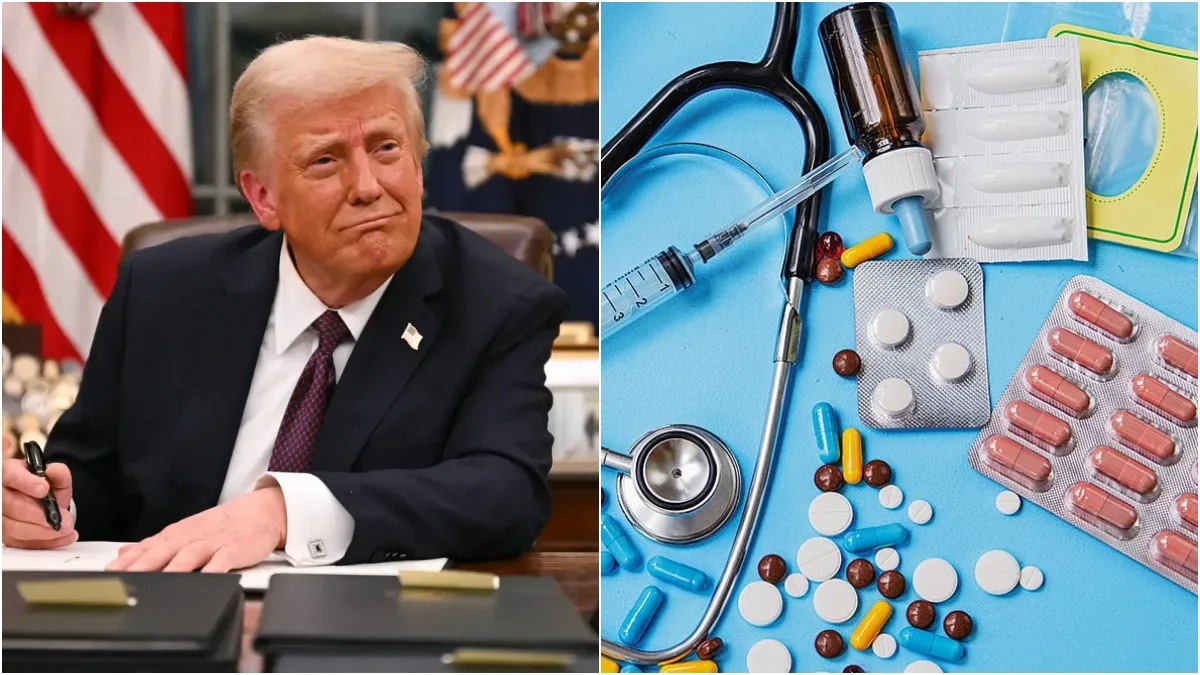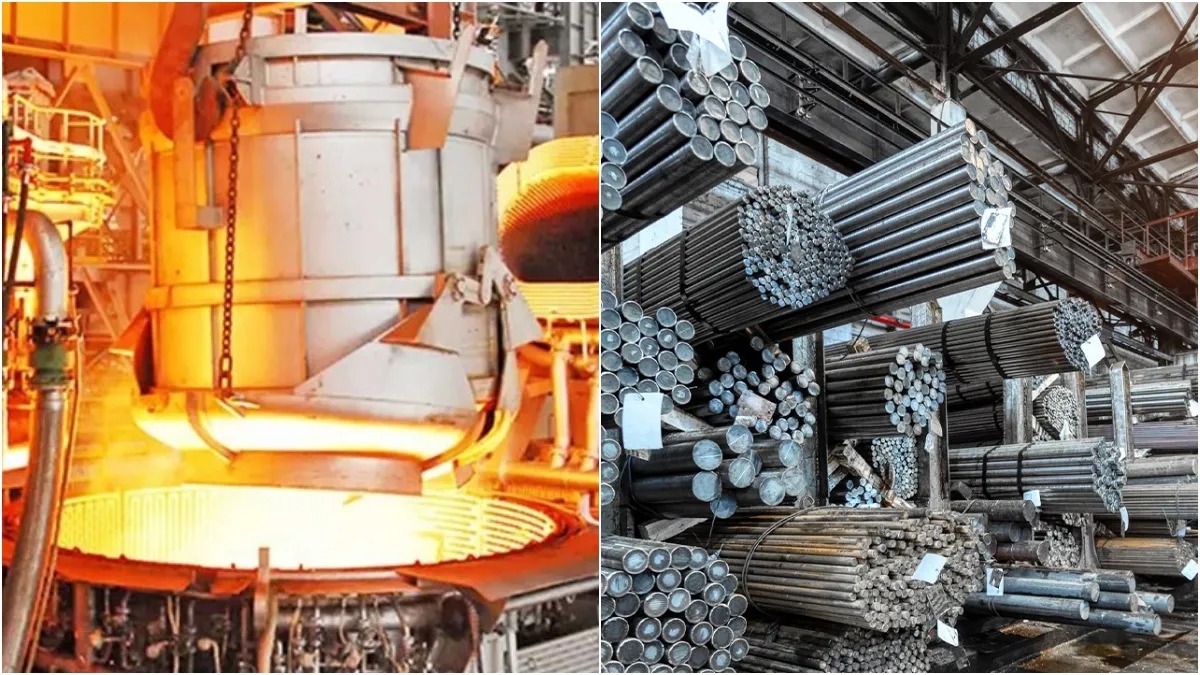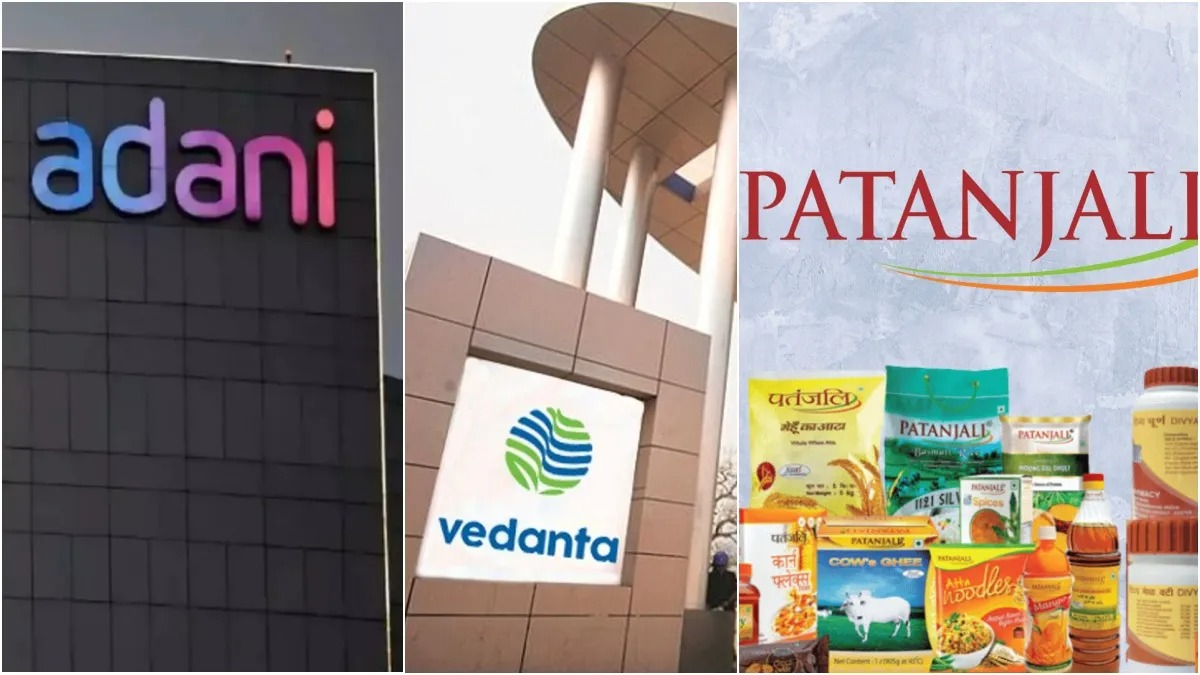
Just days after imposing a 25% tariff on automobile imports, former US President Donald Trump has now hinted at his next move—tariffs on pharmaceutical imports. While he did not disclose the timing or rate, Trump confirmed on Friday that his administration is preparing to target the pharma industry with new import duties.
He also stated he is open to negotiating trade deals with countries that want to avoid US tariffs, but only after reciprocal tariffs are announced on April 2. Nations like Britain have already reached out to the US for potential agreements, and India's Commerce Minister Piyush Goyal has said that trade discussions with the US are progressing well.
Indian Pharma’s Dominance in US Market
India plays a critical role in the US pharmaceutical supply chain. As of 2022, Indian pharmaceutical companies supplied 40% of all prescriptions written in the US. The sector currently benefits from zero import duties on drugs exported to the US.
According to industry estimates, Indian-made medicines saved the US healthcare system $219 billion in 2022 alone, and nearly $1.3 trillion between 2013 and 2022. The US accounts for roughly one-third of India’s total pharmaceutical exports, making it a vital market for Indian drug makers.
Tariffs Could Raise Healthcare Costs in the US
Experts warn that imposing tariffs on imported drugs could backfire. Arvind Sharma, partner at Shardul Amarchand Mangaldas & Co, noted that such a move would likely increase healthcare costs in the US by making medicines less affordable and accessible.
As a net importer of pharmaceuticals, the US relies heavily on global suppliers to meet demand. A 25% or higher tariff may prove difficult to implement, given the limited domestic production capacity.
Why Indian Companies Could Still Gain
Despite initial concerns, JP Morgan analysts suggest Indian pharmaceutical companies may actually benefit from these tariffs. Thanks to superior cost competitiveness, Indian firms may gain greater market share over global rivals—especially from Israeli and Swiss generic drugmakers, who operate on thinner profit margins.
Even if a 10% tariff is imposed, much of the cost would likely be passed on to US consumers, given the constant demand for essential medicines. Indian firms, with their cost-efficient operations, may be better positioned to weather the impact and capitalize on reduced competition.

 Share
Share






